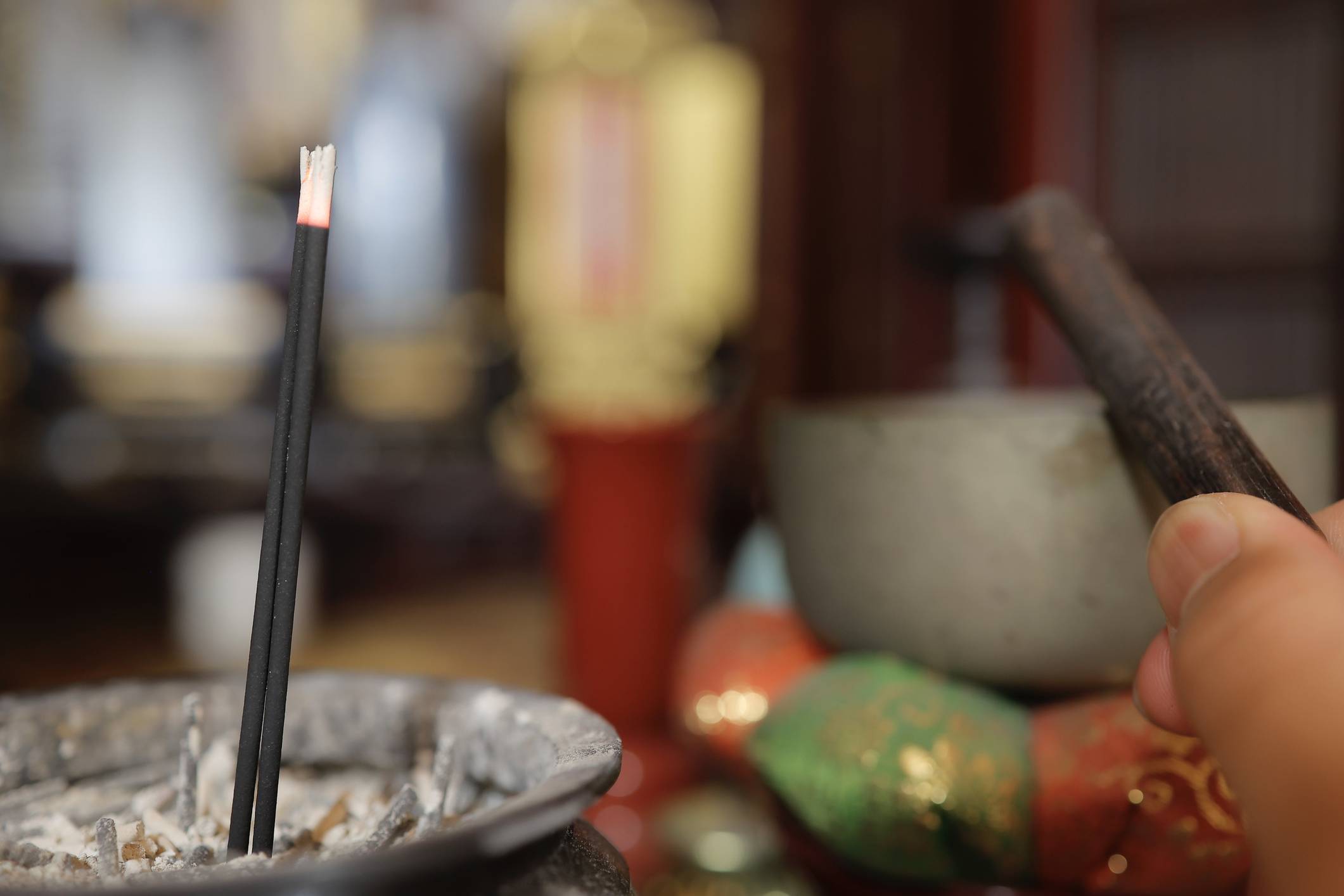Wherever you stand on the 国葬 (kokusō, state funeral) for former Prime Minister Shinzo Abe, which takes place Sept. 27, the event will present a slew of new vocabulary terms.
Although the 国葬 will be a nonreligious affair, more than 90% of funeral services in Japan are conducted in accordance with Buddhist customs. If you’re invited to an お葬式 (o-sōshiki, funeral), there are a number of basic phrases and specific etiquette that you should familiarize yourself with beforehand.
誰かが亡くなった時 (Dareka ga nakunatta toki, When someone has passed away), the family of the departed will often hold a お通夜 (o-tsuya, wake) for close family members and friends on the day before the お葬式. お通夜は故人と最後の夜を過ごす儀式です (O-tsuya wa kojin to saigo no yoru o sugosu gishiki desu, The wake is a ceremony [that allows family] to spend one last night with the deceased).


















With your current subscription plan you can comment on stories. However, before writing your first comment, please create a display name in the Profile section of your subscriber account page.